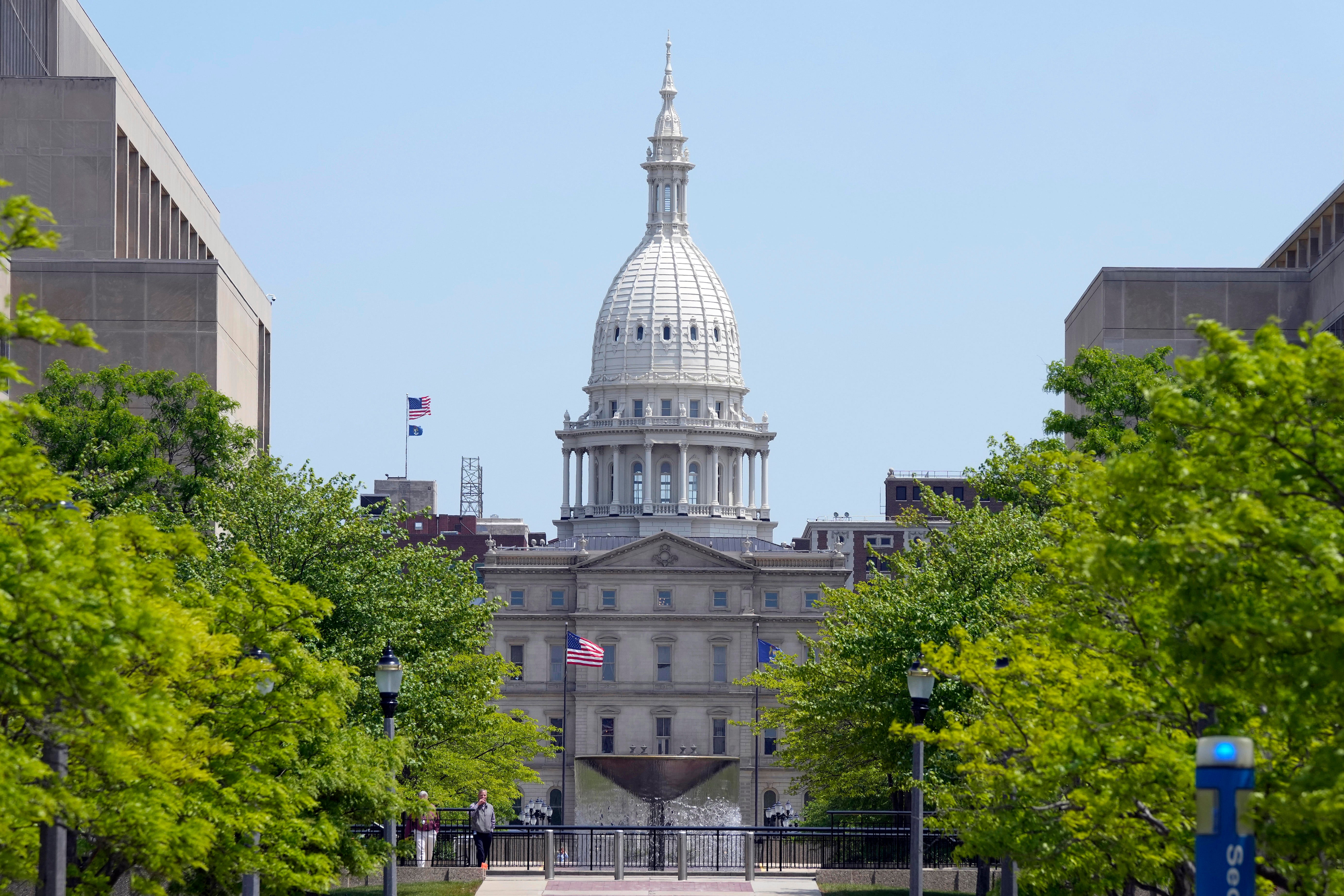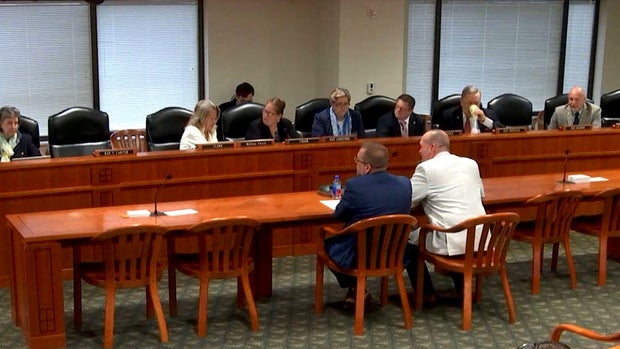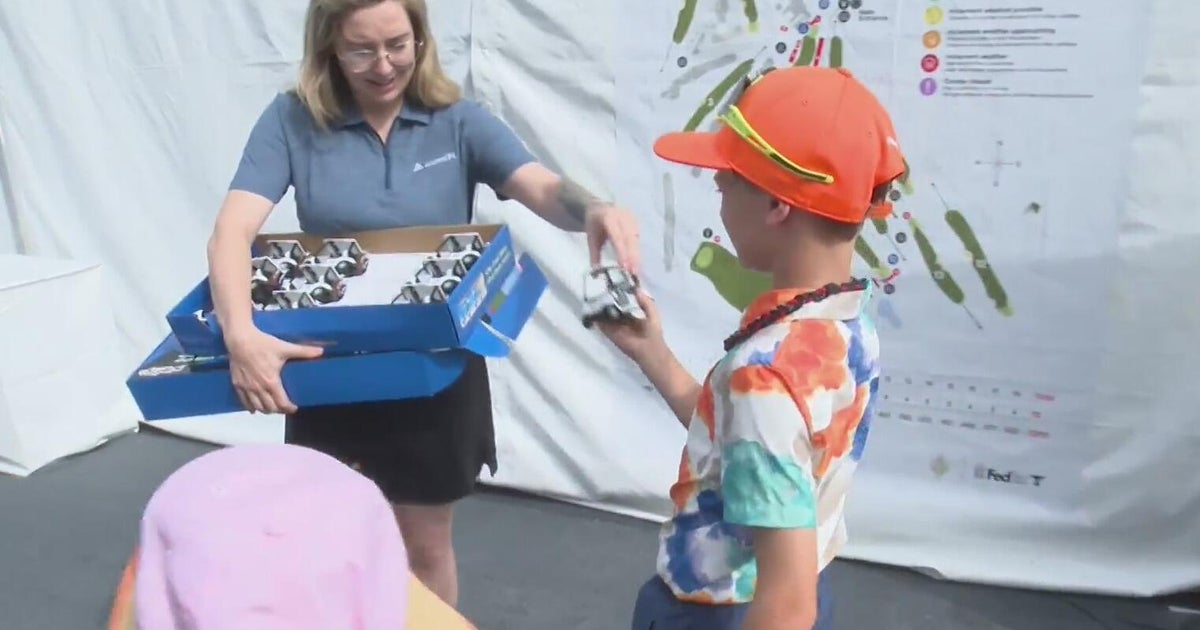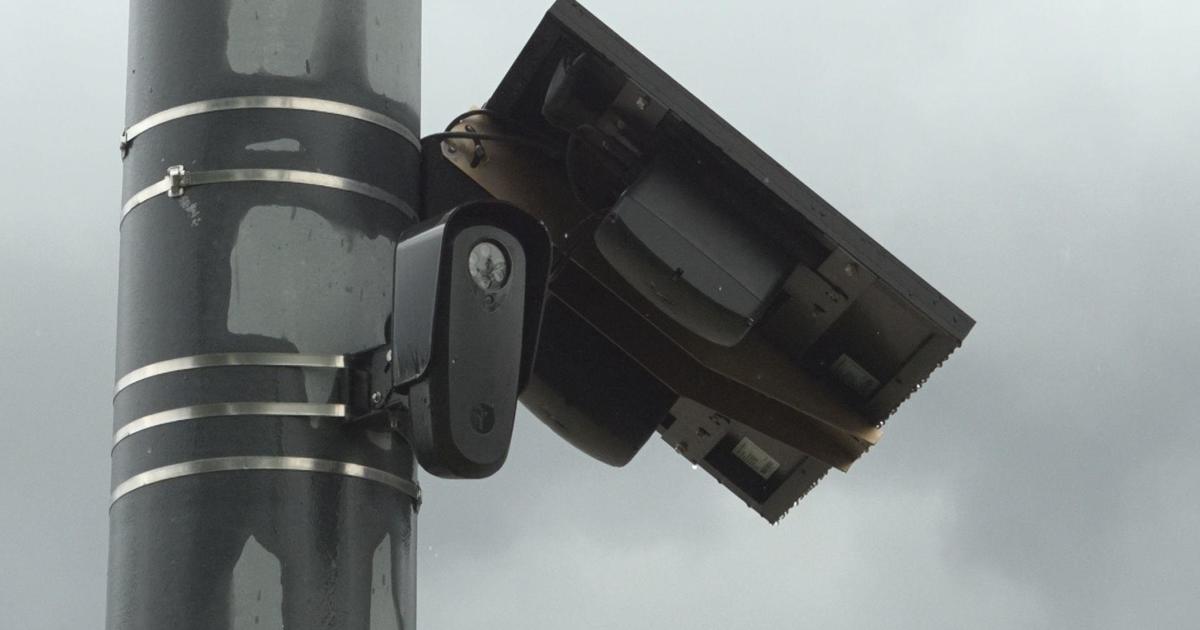Michigan House passes "Taylor Swift" bills targeting ticket bots
A package of Michigan House bills is working its way through Lansing to prevent bots from grabbing online event tickets and reselling them for a higher value.
The so-called "Taylor Swift" bills are a nod to the pop superstar's 2023-24 tour, in which a flood of bot purchase attempts crashed the Ticketmaster website. The impact upset fans who wanted to get tickets to her shows, only to face sold-out notices and huge markups on the secondary market.
Although venues and ticket websites typically set limits on how many tickets someone can request in one purchase, automated bots attempt to hide their connections while working fast to flood purchases through the original ticket sites.
Rep. Mike Harris, R-Waterford, and Rep. Mike McFall, D-Hazel Park, sponsored House Bills and to ban the use of bots to avoid ticket purchase limits. Violations of the proposed legislation call for a civil fine of up to $5,000 per fraudulently obtained ticket.
Their announcement included references to Swift's song titles and lyrics.
"The ticket bot problem has gone on too long, and Michiganders should not have to 'Tolerate It,'" Harris said. "Our state is home to terrific live entertainment venues, from colossal stadiums like Ford Field to casinos and local comedy clubs, and, of course, Pine Knob, the iconic amphitheater in my district. It's time we take swift action to protect the fun-loving people who enjoy these great Michigan venues. We shouldn't just shrug or 'Shake It Off.' It's time we 'Speak Now.'"
One of the examples McFall provided to the Michigan House Judiciary Committee during its discussions on May 21 on the bill involved a ticket with an original price of about $250 listed on the resale market for $5,000 or more.
Several states, like Arizona and most recently Maine, have passed similar legislation. Federal law does restrict ticket bots, and a state-level ban will permit the state attorney general's office to address the problem through state law, too.
HBs 4262 and 4263 passed the House with bipartisan support and now advance to the Senate.






